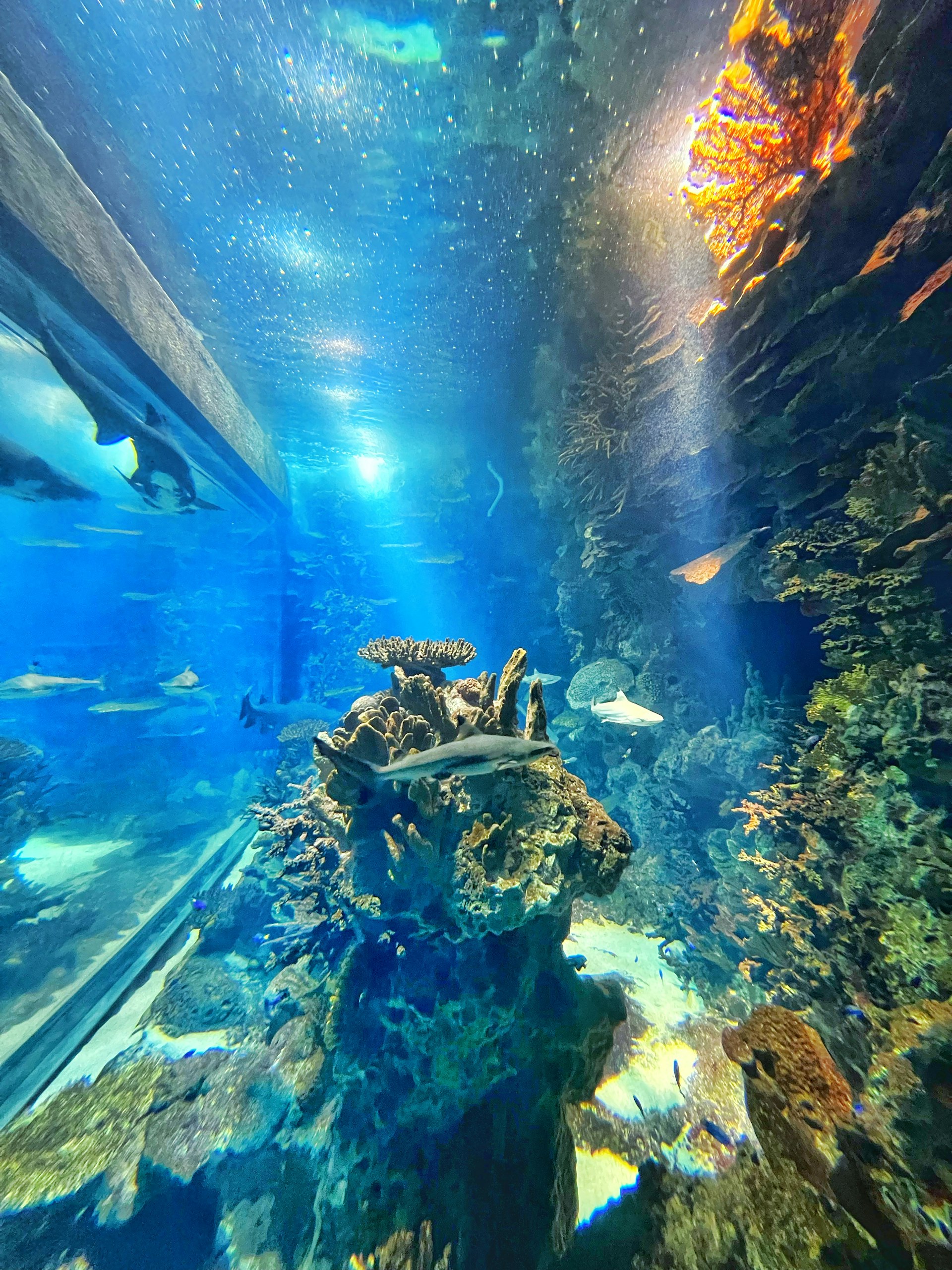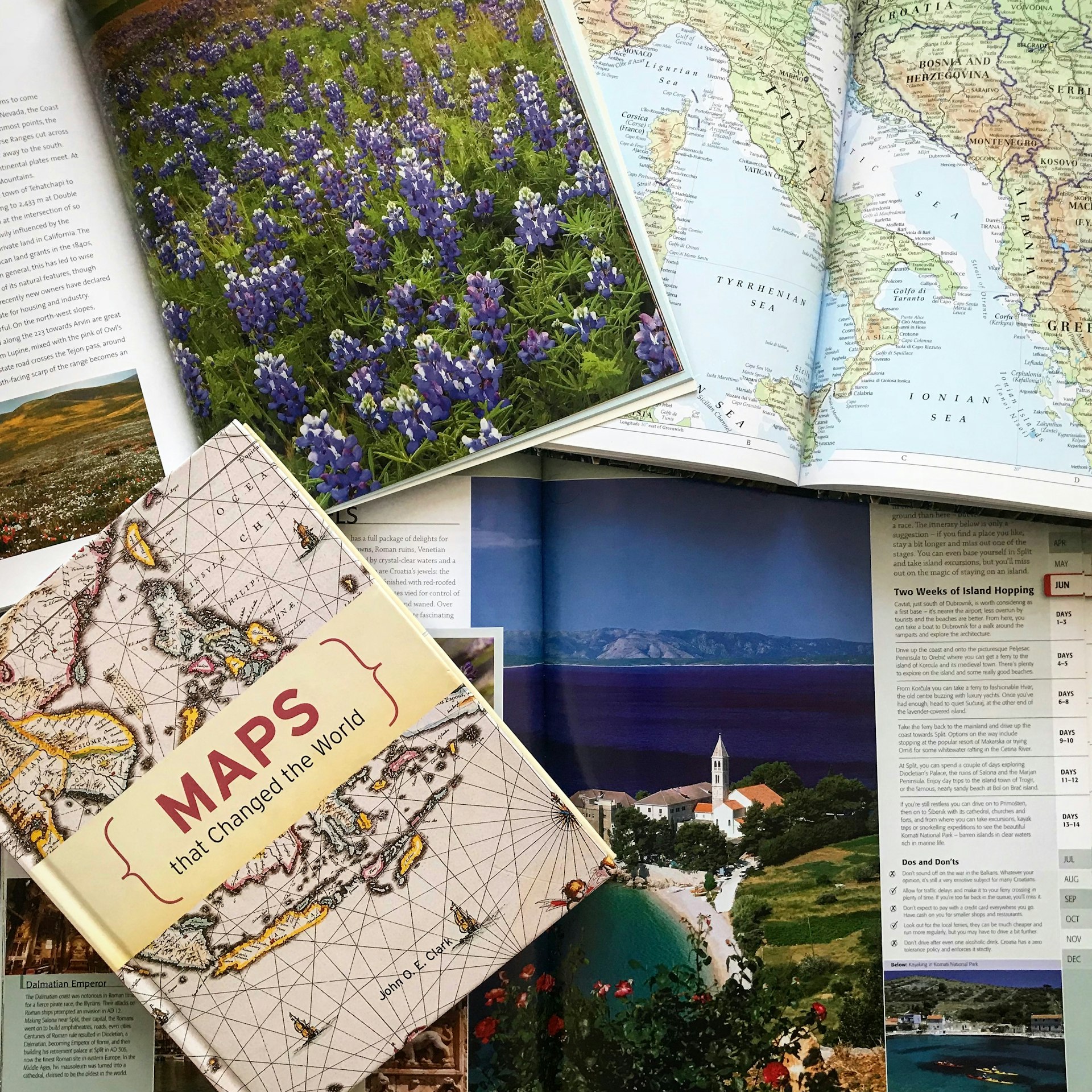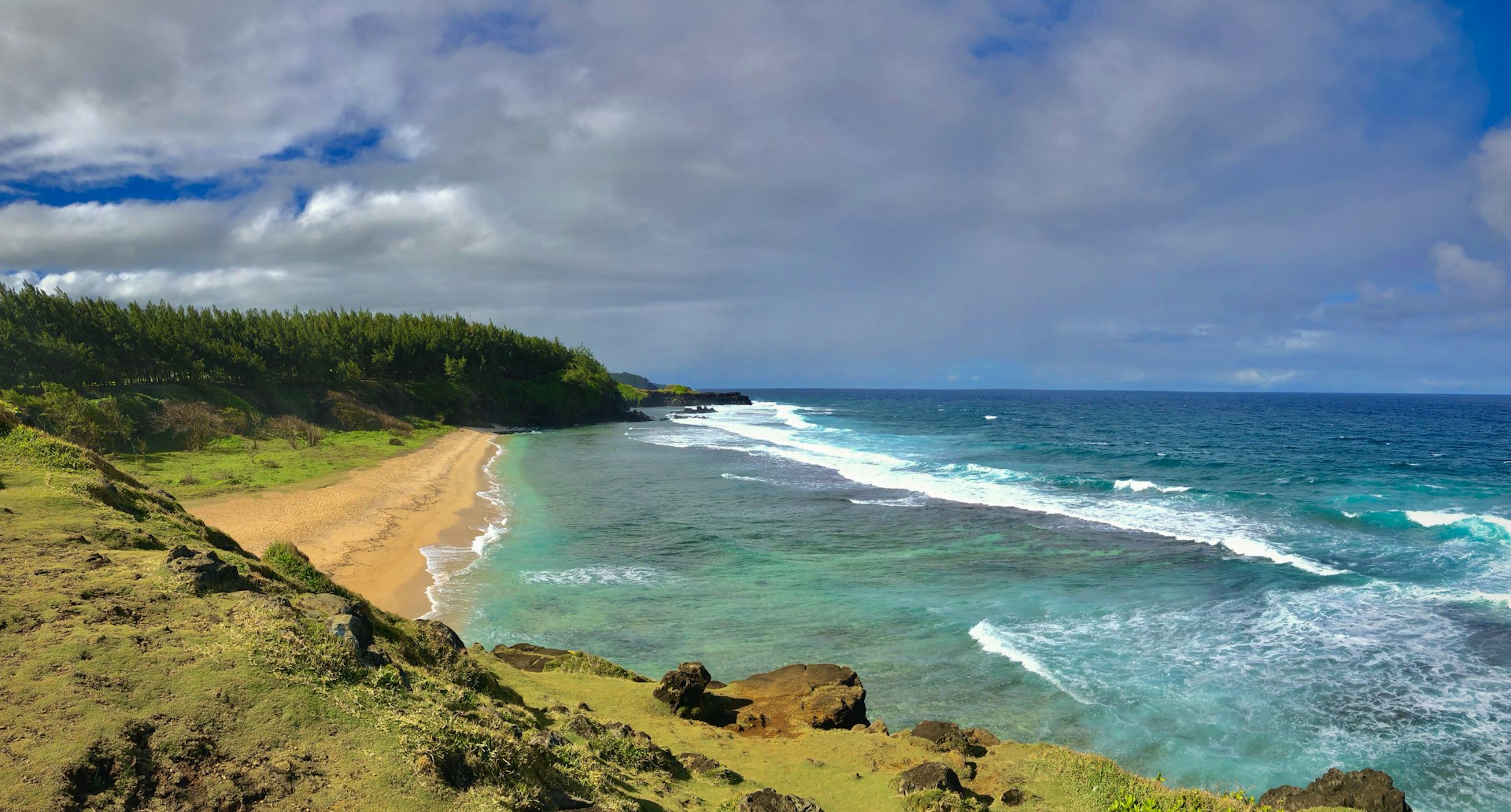How Renewable Energy Is Transforming Tourism Infrastructure and Sustainable Destinations

Photo by Pew Nguyen on Unsplash
Introduction
Tourism is a major driver of economic growth in many regions, but its traditional infrastructure often depends on fossil fuels, contributing to environmental degradation and climate change. The integration of renewable energy into tourism infrastructure offers a transformative pathway to sustainable development, balancing economic growth with environmental stewardship. This article explores the impact of renewable energy on tourism infrastructure, highlights practical benefits, and provides actionable guidance for industry stakeholders and policymakers.
Renewable Energy: Fundamentals and Applications in Tourism
Renewable energy sources-including solar, wind, hydro, and geothermal-generate power without depleting natural resources or producing harmful emissions. In the tourism sector, these technologies can be implemented across accommodations, transportation, and attractions. The process begins with a comprehensive energy audit of tourism operations, identifying energy consumption patterns and selecting suitable renewable technologies for specific needs. For example, hotels may adopt large-scale solar photovoltaic arrays for electricity and solar thermal systems for hot water, while resorts in colder climates can benefit from geothermal heating and cooling [3] .
Case Studies: Solar-Powered Accommodations and Off-Grid Solutions
Hotels, resorts, and lodges worldwide increasingly utilize solar energy to meet their energy needs. Rooftop solar panels generate electricity for lighting, heating, cooling, and appliances, significantly reducing reliance on non-renewable sources and lowering operational costs. Solar water heaters provide guests with hot water efficiently, while portable solar panels and devices such as lanterns, chargers, and cooking equipment support remote and off-grid tourism operations [1] . These off-grid solutions are essential for eco-resorts and campsites in remote areas, where grid connection is impractical or costly.
Key Benefits for Tourism Infrastructure
The adoption of renewable energy in tourism infrastructure yields several important benefits:
- Reduced Carbon Emissions: Replacing fossil fuels with renewable sources such as solar and wind significantly lowers greenhouse gas emissions, helping to mitigate climate change and preserve the natural beauty that draws tourists [1] .
- Cost Savings: Although initial investments in renewable systems may be substantial, they lead to long-term reductions in energy costs. Savings on electricity and fuel bills offset upfront expenses, making renewables a financially viable option for tourism businesses [1] .
- Energy Independence: Renewable technologies provide reliable, decentralized energy, reducing vulnerability to supply chain disruptions and fluctuating fuel prices. This is particularly valuable for remote destinations [1] .
- Enhanced Visitor Experience: Eco-conscious travelers increasingly seek destinations and accommodations that prioritize sustainability. Solar-powered amenities such as charging stations, lighting, and water heating contribute to a comfortable and environmentally friendly stay [1] .
- Promotion of Environmental Awareness: Tourism businesses can educate visitors about renewable energy through guided tours, interactive exhibits, and informative signage, inspiring them to adopt sustainable practices in their own lives [1] .
Policy Initiatives and Strategic Implementation
Mandating renewable energy use in tourism infrastructure, supported by public-private partnerships, can substantially reduce environmental impacts. In regions where tourism is a primary economic driver, such as BIMSTEC countries, integrating renewable energy solutions into tourism infrastructure is essential for achieving Sustainable Development Goals (SDGs), including SDG 13 (Climate Action) and SDG 7 (Affordable and Clean Energy) [2] . Policymakers should prioritize the adoption of clean energy technologies in tourist destinations to minimize ecological footprints and enhance their appeal.
Effective policy implementation involves:
- Coordinating efforts to ensure access to affordable and safe drinking water and improving wastewater treatment systems at tourism sites.
- Mandating environmentally friendly technologies for water purification, recycling, and the repurposing of tourism-related materials.
- Engaging local stakeholders in managing water and sanitation services, fostering sustainable practices among both operators and visitors.
When verified links are unavailable, it is recommended to contact local tourism authorities or search for government initiatives related to sustainable tourism and renewable energy integration. For example, you may contact your regional tourism development office or search for “renewable energy tourism incentives” on official government portals.
Practical Steps for Tourism Operators
Tourism businesses and operators interested in transitioning to renewable energy should consider the following steps:
- Conduct an Energy Audit: Analyze energy consumption across all aspects of your operation, including accommodation, transportation, and activities. This assessment will identify key areas for improvement [3] .
- Select Appropriate Technologies: Match renewable energy solutions to your specific needs. For hotels and resorts, consider solar photovoltaic panels, solar thermal systems, geothermal heating/cooling, and battery storage. For transportation, explore electric vehicles and charging infrastructure powered by renewables.
- Secure Funding and Incentives: Investigate available incentives, grants, and financing options through national and local government agencies. Search for “renewable energy incentives for tourism” on official government websites or consult energy departments for guidance.
- Engage Stakeholders: Work with local communities, government authorities, and energy providers to ensure successful implementation and maximize benefits for both the business and the destination.
- Monitor and Report: Track energy savings, operational efficiency, and environmental impact. Publicly sharing results can help attract eco-conscious travelers and encourage industry-wide adoption.
Challenges and Solutions
While the benefits of renewable energy integration are clear, tourism operators may face several challenges:
- High Upfront Costs: Initial investment in renewable systems can be a barrier, especially for small businesses. Solutions include phased implementation, financing programs, and leveraging government incentives.
- Technical Expertise: The selection and maintenance of renewable energy systems require specialized knowledge. Partnering with experienced energy consultants or providers is recommended.
- Local Acceptance: Community engagement and education are essential to foster acceptance and cooperation. Operators should involve local stakeholders throughout the planning and implementation process.
Alternative approaches for businesses unable to invest in on-site renewables include purchasing green energy from local utilities, partnering with renewable energy providers, and promoting energy efficiency throughout their operations.

Photo by Ruddy Corporan on Unsplash
Future Directions and Industry Opportunities
As research continues to evolve, future studies may incorporate broader regions and additional factors such as relative prices, transportation costs, and destination-specific variables [2] . Industry stakeholders should stay informed of the latest technological advancements and regulatory changes to maximize the benefits of renewable energy integration.
For businesses and destinations eager to lead in sustainable tourism, ongoing collaboration with government agencies, academic institutions, and industry groups is vital. Consider joining industry associations focused on sustainable travel, attending conferences, and participating in pilot projects to remain at the forefront of innovation.
Conclusion
Integrating renewable energy into tourism infrastructure is no longer optional; it is a necessity for destinations that wish to remain competitive, attractive, and sustainable. By following best practices, engaging stakeholders, and leveraging available resources, tourism operators can reduce environmental impacts, enhance visitor experiences, and contribute to global sustainability efforts.
References
[1] 8MSolar (2024). Promoting Green Travel with Renewable Energy: Sustainable Tourism Best Practices.
[3] Sustainability Directory (2024). Renewable Energy in Tourism: Strategies and Applications.
MORE FROM dealseekersguide.com













